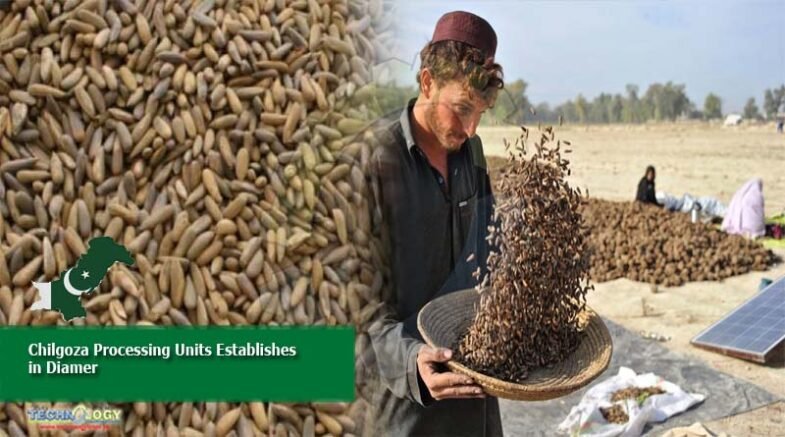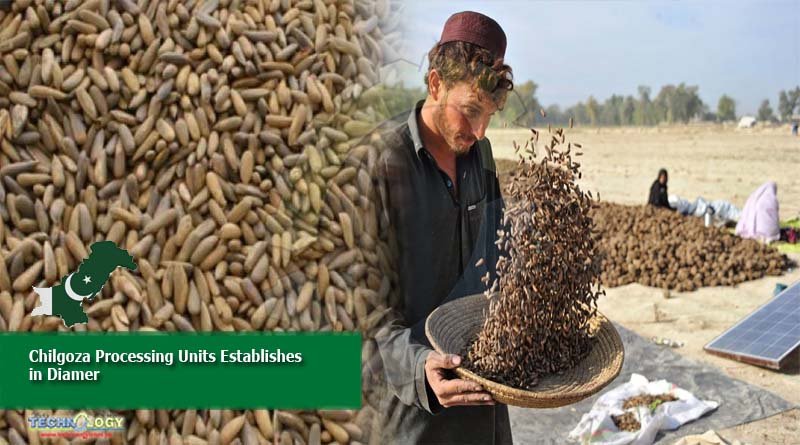The Food and Agriculture Organisation (FAO) has set up Chilgoza processing units in Diamer district of Gilgit-Baltistan and Zhob in Balochistan for its cleaning, grading, roasting, packing and labeling, and expressed the hope that these will allow the local community to sell a finished product at a higher price, besides increasing the shelf life of roasted nuts up to six months.

The processing units, inaugurated on Sunday, have been set up under the ‘Reversing Deforestation and Forest Degradation in High Conservation Value Chilgoza Pine Forest in Pakistan’. They have been funded by the Global Environment Facility (GEF), and implemented in coordination with the Ministry of Climate Change. The project will additionally contribute 23 million trees to the Ten Billion Trees Programme of the government.
Speaking on the occasion, FAO Country Representative in Pakistan Mina Dowlatchahi said that for the first time in Diamer and Sherani districts, the local people would be able to process their harvest under one roof from grading to packaging and labeling, with the full process and hence obtain a higher price in the market as compared to selling cones or unroasted nuts.
Highlighting the significance of such units to ensure more benefits arising from natural resources management, Mina Dowlatchahi hoped that these economic benefits would increase the efforts and engagement of the communities in Chilgoza forest conservation.
The FAO says that the project will contribute to the restoration, protection and sustainable management of Chilgoza pine forests to provide global environmental benefits as well as enhanced resilience and livelihoods to local stakeholders.
The project focuses on the improved and sustainable management of Chilgoza forests leading to the generation of multiple products, services and functions, including improved local livelihoods through Chilgoza nut value addition and value chain development, while strengthening of the national and provincial forest landscape restoration policies and legal framework.
The project has involved the local community in the conservation and protection of forests while adding value chain development. Since the key issue faced by the local community is the lack of access to Chilgoza processing unit, the FAO through the project set up processing units.
From the conservation perspective, the specialised tools and the training to the communities have improved forest regeneration. Moreover, training for women on packing and labeling, kitchen gardening, and literacy is the paradigm of the initiatives that have been identified by the communities, FAO says.
Originally published by Dawn
